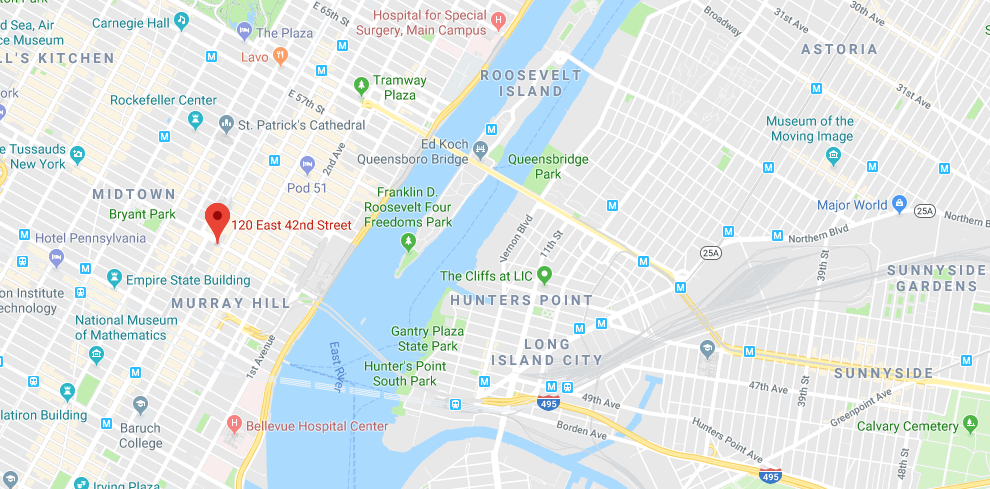Does the placement of implants hurt?
April 10th, 2024

If you're scheduled to get a dental implant, it's only natural to have questions about it. The pain involved is usually on the mind of most patients. Of course, some discomfort is possible, as with any major dental procedure. Having a well-defined plan ahead of time, which is carried out by Dr. Schulman, reduces the risk of complications or side effects post-surgery.
During the procedure you won't feel a thing, since it is performed under general or local anesthesia that totally numbs your mouth. It's more likely that you will feel some pain or discomfort after the anesthesia has worn off.
There are usually three things that will affect the length and intensity of any discomfort:
- The complexity of your surgery (for example if you need a bone graft or sinus lift beforehand)
- How well-trained the dental team which works on your case is (it may be multiple people, including a periodontist, oral surgeon, and/or general dentist)
- How quickly your body is able to heal itself post-surgery
The pain experienced from an untreated case will usually far outweigh that experienced from a dental implant. Good oral hygiene after your surgery is important to avoid infection. Salt water rinses are generally recommended 24 hours after your surgery. Brush your teeth gently around the implant.
It's also a good idea not to eat any food that is too hot, cold, or hard. Soft or pureed foods will help you to avoid chewing for the first few days after surgery and will help your mouth to heal faster. You'll typically be prescribed pain medication, but some patients find that ibuprofen or acetaminophen work well enough. Just remember, the most severe discomfort is usually experienced within the six hours after your anesthesia wears off.
Getting a dental implant is a big decision, and we want to make sure you get through it easily. Our White Plains team is here to help if you have any questions about the procedure or post-surgery care.





